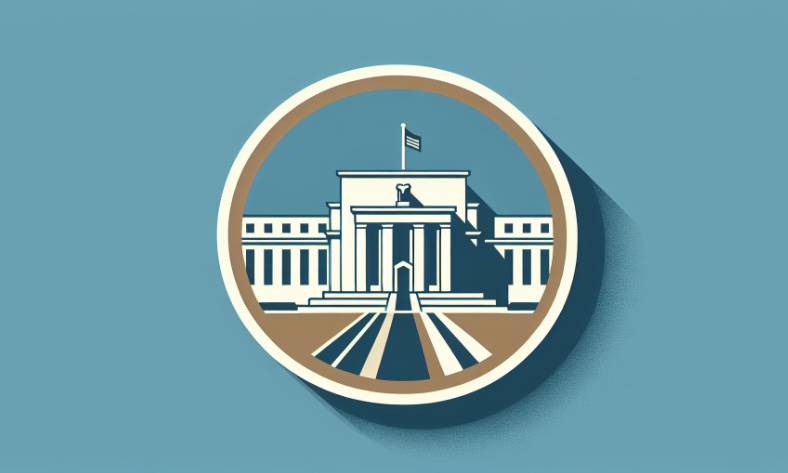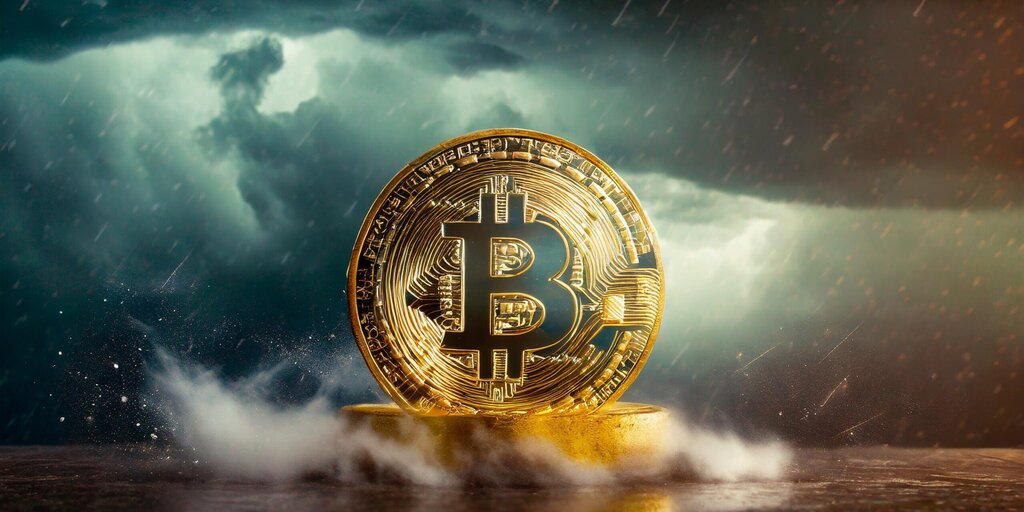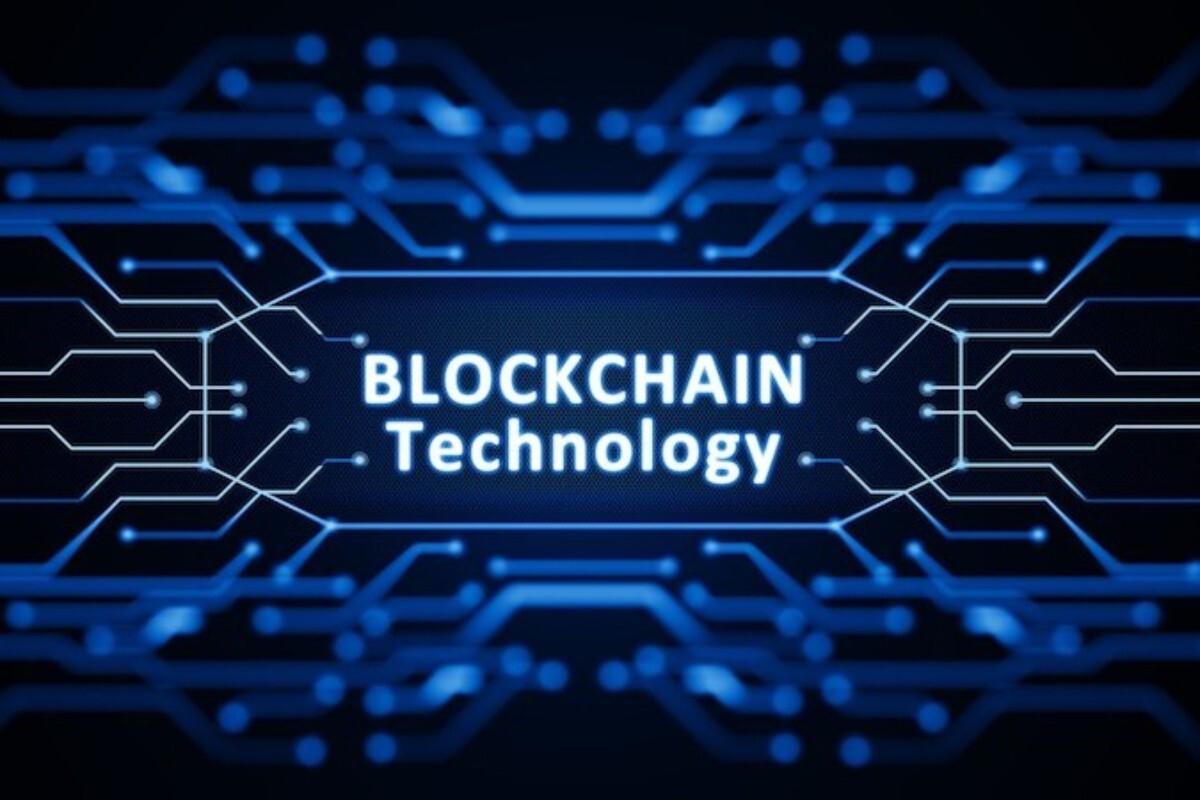Author: Li Dan,Wall Street News
Federal Reserve Chairman Powell still ignores U.S. President Trump's call for a rate cut. He reiterated that Trump's policies such as tariffs have put the economy in high uncertainty, and the Fed must wait until the situation is clearer before considering interest rate cuts and avoiding the long-term push of inflation.
Powell said the Fed would balance the two missions of inflation and employment, and at the same time admitted that if tariffs push up inflation, slow down economic growth and achieve its dual mission, it would face challenges. This is seen as raising concerns about stagflation.
Powell expects that in the face of unprecedented uncertainty, financial markets such as U.S. stocks will continue to fluctuate, but denies that the Fed will "rescue the market" like the Fed Put options that investors bet on, because the market is operating normally and orderly.
Reiterate to wait until the situation is clearer before considering adjustments to policies
On Wednesday, April 16, Eastern Time, Powell delivered a speech at the Chicago Economic Club on the theme of "Economic Outlook". In his pre-prepared speech, he concluded:
"We are fully able to wait until the situation is clearer and then consider adjusting our policy position."
This conclusion is copied from Powell's first public speech after Trump announced his reciprocal tariff plan more than a week ago. Before mentioning this conclusion, Powell quoted the line from the protagonist Ferris Bueller in the 1980s American comedy Ferris Bueller's Day Off: "Life is changing rapidly."
Nick Timiraos, a senior Fed reporter known as the "New Fed News Agency", commented that Powell sent a frustrating message. When talking about waiting for the situation to be clearer and then considering the adjustment of policies, he cited the Chicago locals' recognition of the unpredictable world, which also reflects this.
Timiraos pointed out that Powell warned that in order to try to ease the blow to the economy by the trade war, the Fed may face a difficult choice of whether to reduce inflation or protect the economy. The Fed is vigilant about the possibility of rising prices and economic growth falling.
Reiterate tariffs may last longer impact on inflation, saying tariffs even exceed Fed's upper expectations
Speaking about the impact of Trump’s policy, Powell said that the Trump administration’s policies in four areas, including trade, immigration, finance and regulation, are still changing, and their “impact on the economy remains highly uncertain.”
Regarding the impact of tariffs, Powell's speech almost word by word on April 4th more than a week ago. He said:
"Tariffs are likely to at least temporarily increase inflation. The impact of inflation may also be more prolonged. To avoid this, it will depend on whether long-term inflation expectations can be stabilized, the impact size and how long it will take for the impact to be fully transmitted to prices."
More than a week ago, Powell said the recent U.S. tariffs announced "far more than expected" and believed that the tariffs could also have a greater impact on the economy than expected. In his speech on Wednesday, Powell reiterated this view, saying
"The tariff hikes announced so far exceed expectations. The same may be true for its economic impact, including rising inflation and slowing growth."
Powell's speech then pointed out that both the survey and market-based recent inflation expectations indicators rose sharply, and survey respondents pointed out the impact of tariffs. However, during the survey, most of the long-term inflation expectations indicators remain stable, while the market-based inflation expectations indicators break-even inflation rate is still close to 2%.
During the Q&A session, Powell pointed out that Trump's tariff hike even exceeded the high-end hypothetical scenario expected by the Federal Reserve.
"Tariff levels exceeded forecasters' expectations and of course higher than our expectations, even in our upper expectations."
The Fed may face the challenge of conflicting goals of employment and inflation
Like the speech a week ago, Powell once again said:
"Our (the Federal Reserve) is to keep long-term inflation expectations stable and ensure that one-time price increases do not become a persistent inflation problem."
Immediately following the above sentence, Powell suggested that the Fed may be in a dilemma of curbing high inflation and supporting economic growth. He said:
“In fulfilling this role, we will balance the goals of full employment and price stability, while keeping in mind that without price stability, we will not be able to achieve a long-term strong labor market that benefits all Americans.
We may find ourselves in a challenging situation where the (above) dual goals conflict with each other. If this happens, we will consider how far the economy is from each goal and what different time frames are expected to close these gaps. "
Timiraos commented that Powell's speech emphasized his previous view that the Fed would not be able to stop the weakness brought about by the trade war. Because he mentioned that the Fed may face the challenge of conflicting missions of inflation and employment.
The economy is "probably" deviating from inflation and employment targets this year
Reading the Q&A session after the speech, Powell said he still believes that the U.S. labor market overall is "very good", but pointed out that the rest of the year, the U.S. economy "is likely to "moving away" the dual goals of inflation and employment, "or at least not making much progress."
Powell admitted that the above situation may make the Fed "verdict very difficult."
Commenting on the huge uncertainty related to the Trump administration’s trade policy, Powell said: “There is no modern experience to think about this.”
Powell expects a reduction in immigration to have no significant impact on U.S. inflation. He said that the supply and demand of labor are declining simultaneously, and the unemployment rate has been stable.
Denied Fed Put, emphasized that the market is orderly and operates in line with expectations
Powell disagrees with the so-called Fed Put that bets on the Fed will save the stock market. Asked if the Fed would intervene in the rate cut if the market plummeted, Powell replied: "No." The explanation he gave was that in the face of the uncertainty related to the rapid changes in tariff policies, the market is operating normally and in an orderly manner.
Asked about the U.S. Treasury market selling as the dollar fell, Powell said it was "it was difficult to understand in real time" what was happening. He has seen some situations in his career, and there was a saying that could explain the big fluctuations in the bond market, but looking back a few months later, that saying was considered wrong.
"It's too early to assert what happened in the bond market last week," Powell said, "Obviously, some deleveraging is underway." He also said: "I will not try to make a conclusion on the recent rise in Treasury yields."
Powell stressed that the market is orderly and operates "as you expected."
Powell said he expects the market to "continuously fluctuate" because the background is "a unique change in the situation in history, full of huge uncertainty."
The Fed will continue to do its job without being influenced by politics. Fed independence is a legal issue
On Monday, U.S. Treasury Secretary Bescent said that he had been considering the next Fed chairman and planned to start interviewing potential candidates in the fall. These rekindled speculation about changes in the Fed's leadership. Jim Bianco, a well-known financial analyst, believes that Powell may face two fates: either being directly fired by Trump or being undermined because the nominee of Powell's successor can speak to undermine his authority.
Asked on Wednesday about the political threats facing the position of Fed Chairman, Powell said that the Fed's independence is granted by US law and the government cannot remove Fed officials without reason. "Our independence (the Federal Reserve) is a legal issue," he said.
Powell mentioned that the U.S. Supreme Court is hearing a case to explore whether the president has the ability to remove personnel from independent government agencies. He believes the case that affects government layoffs do not apply to the Federal Reserve. But he didn't know if it was applicable.
Powell said the Fed will continue to do what it should do without being affected by politics. No matter what political pressure it faces, the Federal Reserve will do its job well.
Powell claims to like public service, saying it is the best job for the government. Powell said the critics kept him real so that he would not feel like God.
Reaffirming that government debt will be unsustainable and urgently needs to be addressed
Last month's Fed's monetary policy meeting decided to slow down the quantitative tightening (QT) action to reduce the balance sheet (balance sheet shrinking) starting this month. The specific approach is to significantly lower the monthly redemption cap for U.S. Treasury bonds from $25 billion to $5 billion.
On Wednesday, Powell reiterated that slowing down the pace of QT will allow QT policies to last longer. "We hope this process can continue. At the moment, it's a pretty slow pace. We think it's a good thing. It will take longer."
Powell believes that using the dollar swap quota during a period of turbulent financial markets will ultimately benefit American consumers.
Powell reiterated that U.S. federal government debt is "going unsustainable", but it has not yet reached an unsustainable level. He once again warned of the huge deficit and debt scale of the US government, saying that "this is a problem that we need to solve very much." It is better to solve the debt problem sooner than later.
"No one really knows how much federal debt we can continue to increase," Powell said.
He also noted that politicians are concerned about the areas of discretionary spending—that is, spending other than welfare programs such as social security and health insurance, but that is not a real problem. In fact, discretionary spending is “already declining.”
Commentators believe that this statement is actually a moderate response to the reduction of government discretionary spending by Musk-led Ministry of Efficiency (DOGE).
However, Powell did not criticize DOGE by name. He said it was unclear how DOGE implemented cuts in federal spending, and "it was too early to draw conclusions."
Reaffirming banks' capital is sufficient and regulation of bank cryptocurrencies is expected to be relaxed
When asked about financial regulation, Powell reiterated a generally agreed view by U.S. regulators that the banking system is “adequate capital”. He said the banking system is quite resilient to "various shocks that may be faced."
Powell said some small and medium-sized banking institutions have a high concentration on commercial real estate (CRE) loans. "We are actively solving" related issues in the CRE field. His personal opinion is that the United States should complete the implementation of Basel III.
Powell said the credit supply of non-bank institutions is "growing very fast", and said that this financing model locks in funds and will not have a similar run for depositors.
However, Powell added that private credit has not been truly stress-tested yet. "We are paying close attention."
Powell believes that there is a regulatory framework for stablecoins. He expects that on the issue of cryptocurrencies, the regulation of the banking industry will be relaxed.
AI is an upgraded version of humans
Speaking of artificial intelligence (AI), Powell said he initially regarded AI as an upgraded version of Google, "but it is not, it is an upgraded version of humanity."
Regarding whether AI will create more jobs than it replaces, Powell replied: "We don't know."
















No comments yet